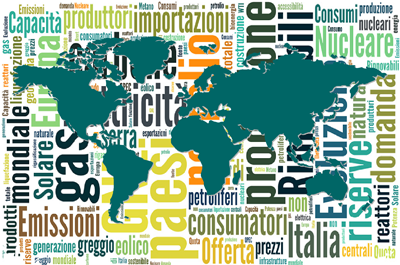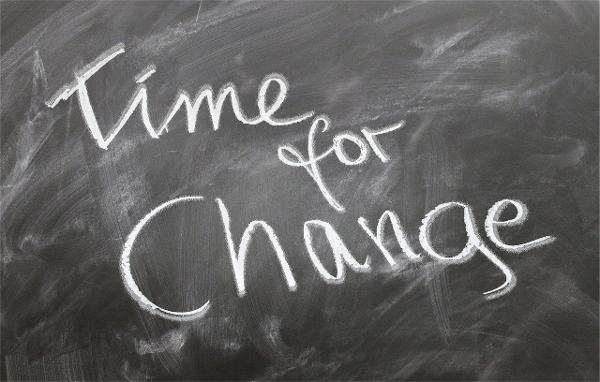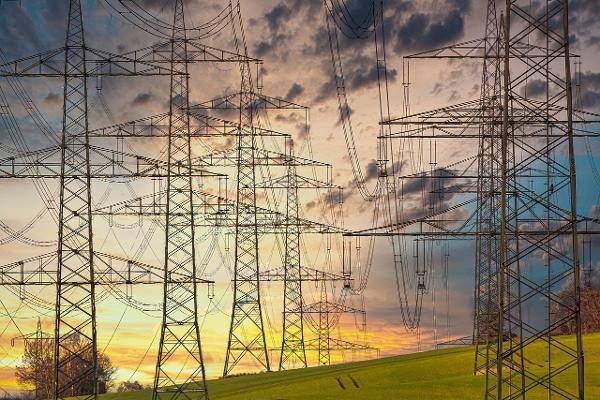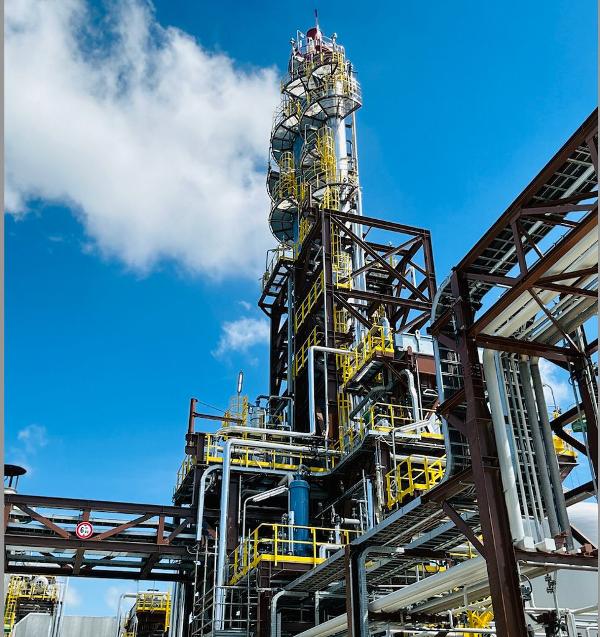Tackling methane emissions associated with human activity is crucial for achieving the Paris Climate goals. According to the IEA the energy sector alone contributes approximately one third of global anthropogenic methane emissions, amounting to nearly 135 million tonnes in 2022. Among the energy sector emissions, the gas sector accounts for around 30%. By addressing methane emission reductions in the gas sector, substantial progress can be made towards mitigating the impacts of climate change.
The legislative initiative by the EU to reduce methane emissions is commendable. However, it is important to note that a significant portion of methane emissions related to EU gas consumption occurs before natural gas reaches the EU borders. From a climate perspective, the example the EU sets for other countries worldwide and its ability to ensure that others follow the example is arguably the most important aspect of the legislation.
The EU aims to leverage its role as one of the largest importers of natural gas to promote global methane emission reductions. The EU has, time and time and again, demonstrated its remarkable influence on global standards and values in various sectors such as consumer protection, environmental sustainability, and data privacy. These are often adopted by countries outside the EU seeking access to its lucrative market. This soft power influence allows the EU to shape global practices and foster convergence of standards across borders.
In a globally tight market, Europe functions as a price taker rather than a price setter, which is what makes it a sellers' market. Influencing global standards on methane emission reductions from this position poses a unique challenge. The dynamics of the gas market raise questions about the extent to which the EU can effectively shape global legislation. As a sellers' market, the EU has limited leverage over gas-producing countries that may resist stringent regulations on methane emissions. Although soft power can be persuasive, it remains uncertain whether the EU's influence can overcome the complex market dynamics inherent in the global gas market to drive substantial methane emission reductions on a global scale.
Before effectively leveraging its weight, it is crucial for the EU to establish effective regulations within its own borders. As policymakers in the EU are gearing up to finalise the EU Methane Emissions Regulation before COP28 in November, they should adhere to several guiding principles to ensure that the measures are effective, practical and feasible. Firstly, the measures should be proportionate to the expected environmental impact, avoiding overly prescriptive requirements that do not result in net-emission reductions. Secondly, they should be efficient, considering the cost-benefit of the legal provisions. Lastly, the measures should be implementable, taking into account the specificities of the sector, the availability and feasibility of technologies and methods.
The effectiveness of domestic legislation in reducing global methane emissions is contingent upon a coordinated multilateral approach. While strong domestic legislation is essential, the interconnected nature of methane emissions requires international collaboration. The burden of ensuring that third countries commit to equally ambitious legislative frameworks or enforce EU rules cannot be solely placed on EU natural gas importers. The EU’s position as a seller’s market has been amplified by the need to diversify EU gas imports and reduce dependence on Russian gas. Additionally, the EU is today more exposed to short-term spot markets. As a result, the EU increasingly competes for available gas volumes on the global market. In a fast-paced market where European and Asian buyers compete for available volumes, European buyers would be at a significant disadvantage if their bids were the only ones conditioned on stringent reporting and compliance requirements. The success of the EU Methane Emission Regulation will greatly depend on a coordinated international approach by key gas importing markets to prevent undermining EU security and affordability of gas supply.
Addressing methane emissions from the gas sector requires a global framework involving both producer and buyer regions. Engaging both producers and buyers in a collaborative approach ensures comprehensive coverage of emission sources throughout the entire supply chain, from extraction to consumption. Only through a coordinated effort centered around the internationally recognised OGMP 2.0 framework can methane emissions from the gas sector be effectively curbed, climate change impacts mitigated, European supply security safeguarded, and a sustainable future secured for future generations.




















